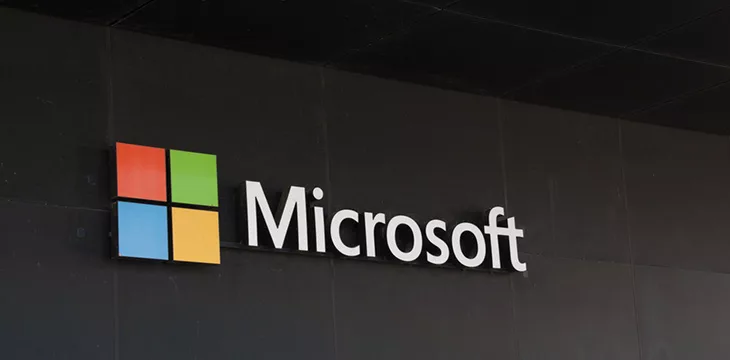|
Getting your Trinity Audio player ready...
|
Microsoft (NASDAQ: MSFT) could be turning to nuclear energy to power its artificial intelligence (AI) ambitions following a job listing seeking a Principal Program Manager for Nuclear Technology.
According to the job listing, Microsoft has its eyes on exploring new energy sources for its data houses and is throwing its weight behind nuclear sources. Microsoft’s incoming energy expert will lead “project initiatives for all aspects of nuclear energy infrastructure for global growth.”
In particular, the company’s new hire will be tasked with creating a strategy for small modular reactors (SMRs) designed to power the Big Tech firm’s Cloud and AI ambitions. Microsoft’s ideal candidate is expected to possess a Master’s degree in Business, Engineering, Science, or a related field with an additional four years of experience in energy and electricity markets.
In January, the U.S. Nuclear Regulatory Commission gave the green light for SMRs after years of regulatory back-and-forth. The approval was positive as SMRs are typically cheaper and easier to set up, offering firms with alternative data sources.
Despite the perks, Microsoft still faces an uphill task in pivoting to SMRs, including the search for HALEU, an advanced uranium fuel. With sanction-hit Russia being the largest supplier of HALEU, Microsoft has to source alternative sources for the rare fuel.
Building an SMR is also not a walk in the park, with skeptics still figuring out how Microsoft intends to build its modular reactor. With sparse details, TerraPower, a leading SMR design incubator, revealed that “it does not currently have any agreements to sell reactors to Microsoft.”
In its search for alternative energy sources, Microsoft has partnered to buy electricity from fusion power company Helion. One of Helion’s early investors is OpenAI CEO Sam Altman, and it is interesting to note that Microsoft has sunk billions of dollars into OpenAI in a multiyear partnership.
“The next major wave of computing is being born, as the Microsoft Cloud turns the world’s most advanced AI models into a new computing platform,” Microsoft CEO Satya Nadella notes on the job description. “We are committed to helping our customers use our platforms and tools to do more with less today and innovate for the future in the new era of AI.”
Microsoft’s AI campaign
Microsoft has been making significant moves into AI since 2015, with its initial investment in OpenAI underscoring its commitment to the emerging technology. The company announced Microsoft Copilot, an attempt to roll all its AI capabilities into one product.
The new offering will be available for Microsoft 365, Edge, and Windows 11 users and accessible via an app or through a simple right click. The company also announced an offering for enterprise users: “goes far beyond simple questions and answers to give you a head start on complex tasks.”
In July, KPMG announced a $2 billion investment into Microsoft AI. Microsoft is reportedly working on developing its AI chips as the race with Google (NASDAQ: GOOGL) reaches frenetic levels.
In order for artificial intelligence (AI) to work right within the law and thrive in the face of growing challenges, it needs to integrate an enterprise blockchain system that ensures data input quality and ownership—allowing it to keep data safe while also guaranteeing the immutability of data. Check out CoinGeek’s coverage on this emerging tech to learn more why Enterprise blockchain will be the backbone of AI.
Watch: AI is for ‘augmenting’ not replacing the workforce

 07-04-2025
07-04-2025 





